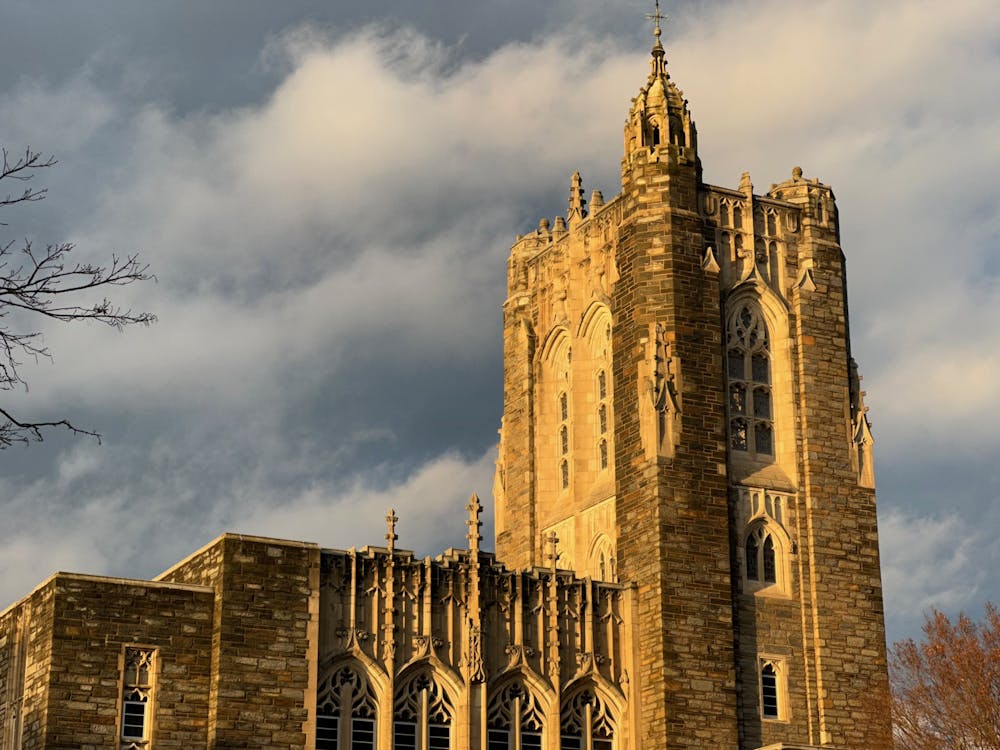To digest life in this world is such a messy undertaking that I find great satisfaction when everything seems to converge in a point of understanding — a point in which it all, for a moment oh so brief, assumes some unifying clarity. Oftentimes, this arrives a couple weeks into the semester, in the form of my courses melding into one overlapping set of questions and ideas — no longer discrete sets of readings, discussion posts, and final essays. This semester, I have felt everything barreling toward a most essential question of the self. Montaigne and Camus, Impressionist artworks and other European landmarks, they’ve all been racing to make sense of the self, the individual — or at least that’s how they’ve entered my mind.
All this shouldn’t come as much of a surprise; I’ve spent many months and notebooks scribbling out some essays — some attempts at making sense of my own self. And yet, sometimes, I sit before the blank page of my latest notebook and ask myself what I’m even accomplishing. The self is so tantalizing, without any egoism, yet I couldn’t say why that is. Maybe, perhaps, it’s a false notion that in a world so troubling or confusing, so difficult to penetrate and clarify, it might just be easier to first simply begin with one’s own self.
How wrong I have been about this. It has in no way been any easier. Every essay has been left so incomplete — so much left out and so much left unanswered. And yet, they’re all finished. I’ve placed the last period. I’ve sent them to my editors. I’ve read them online and in print. They’ve taken me as far as they can, as far as I’ve been able to write them. I’ve learned that as much as I write, as much as I try, any text, any understanding of my world and my self, remains incomplete.
And I try. I try and try and try. And when all has been exhausted, I try again. What more is there to do? At the very least, I can look back. I look back at all my previous attempts, at everything I’ve written so far. I find an act of creation — a rebirth for myself. Montaigne wrote himself, and Camus wrote the first man. Both were tackling these acts of creation — of trying to see the world and themselves; trying to see themselves in their world; trying to see the world in themselves — with a hope that others would see them in return and might care for them. At least that’s what I’ve seen embedded in the material of their creations. Perhaps, it is what I hope others see in the creations of my own.
But as I’ve written before, sight is so precarious, full of a destabilizing range of possibilities, as it tries to help us bridge the distance between each other and to the world. I can’t help but think back to some discussions on Manet and the Impressionists that were haunted by some of the writers of their day — all writing in fear of our selves enduring the world “side by side, but alone,” unable to see each other across that distance, unable to see past any isolation. And yet, they insisted on their sights. They insisted on seeing, piercing through the world like an arrow whistling from the bend of a bow. They insisted on seeing and then giving us their sights to behold.
Perhaps, I’ve tried to do much the same: to see myself, to see others, to see our world, and then to join us all together, overcoming any isolation. Maybe, that is the Self essay.
It seems a total act of chance that I ever began writing. I don’t know what keeps me returning to it. Yes, sometimes there are particular stories I want to share, particular emotions I want to unravel. But beneath all that lies some still unidentified, intangible motivation, I think. At least, that was the case until quite recently.
In a recent conversation, I finally shared what I had been mulling over in my mind for a long time: So much of my life has been spent with my self split, distinct parts isolated internally from each other. To access and center one part often came at the cost of alienating another — sometimes for so long that it would become an exile of my own self.

But now, finally, in these essays I’ve found the binding together of my self. These disparate parts have been gathered and collected like a bundle of sticks — still precarious but at least momentarily unified.
For a moment, so brief but still extant, all these parts are converging. They’re barreling towards one another, only accelerating, and for once they might just crash into one another in a moment of total, unrelenting, blinding clarity. A moment when I will see, at last, myself.
José Pablo Fernández García is a senior from Ohio and a head editor for The Prospect at the ‘Prince.’ He can be reached at jpgarcia[at]princeton.edu.
Self essays at The Prospect give our writers and guest contributors the opportunity to share their perspectives. This essay reflects the views and lived experiences of the author. If you would like to submit a Self essay, contact us at prospect[at]dailyprincetonian.com.









